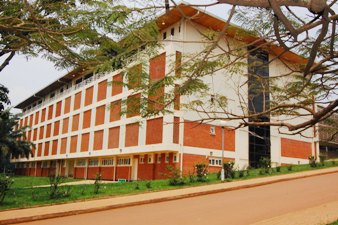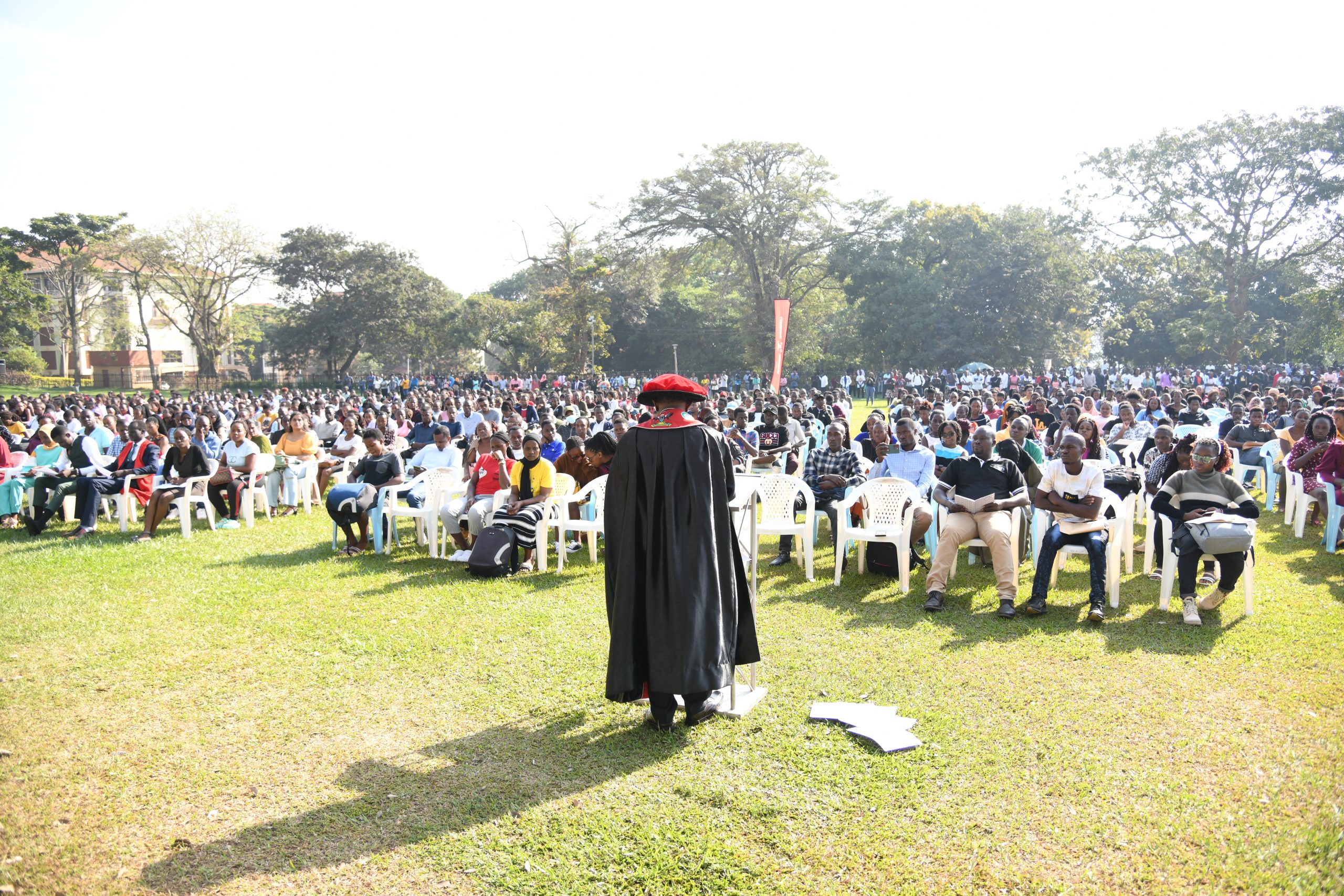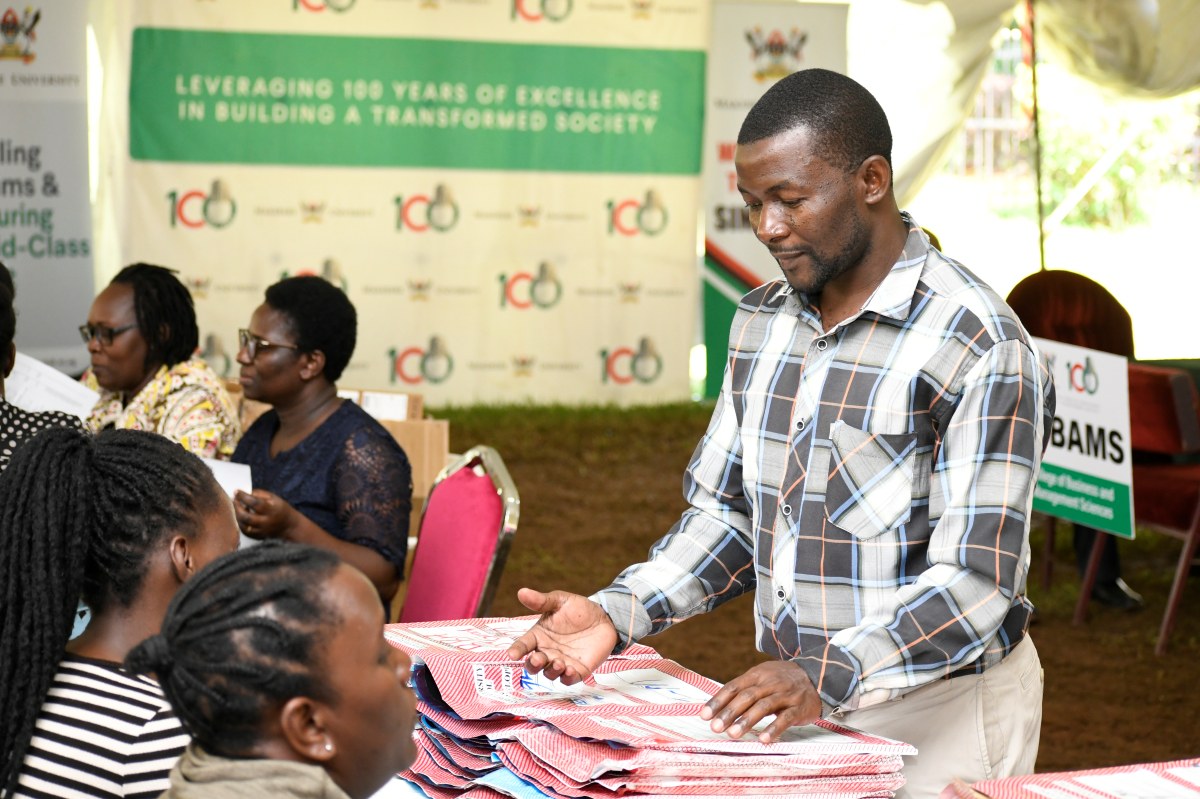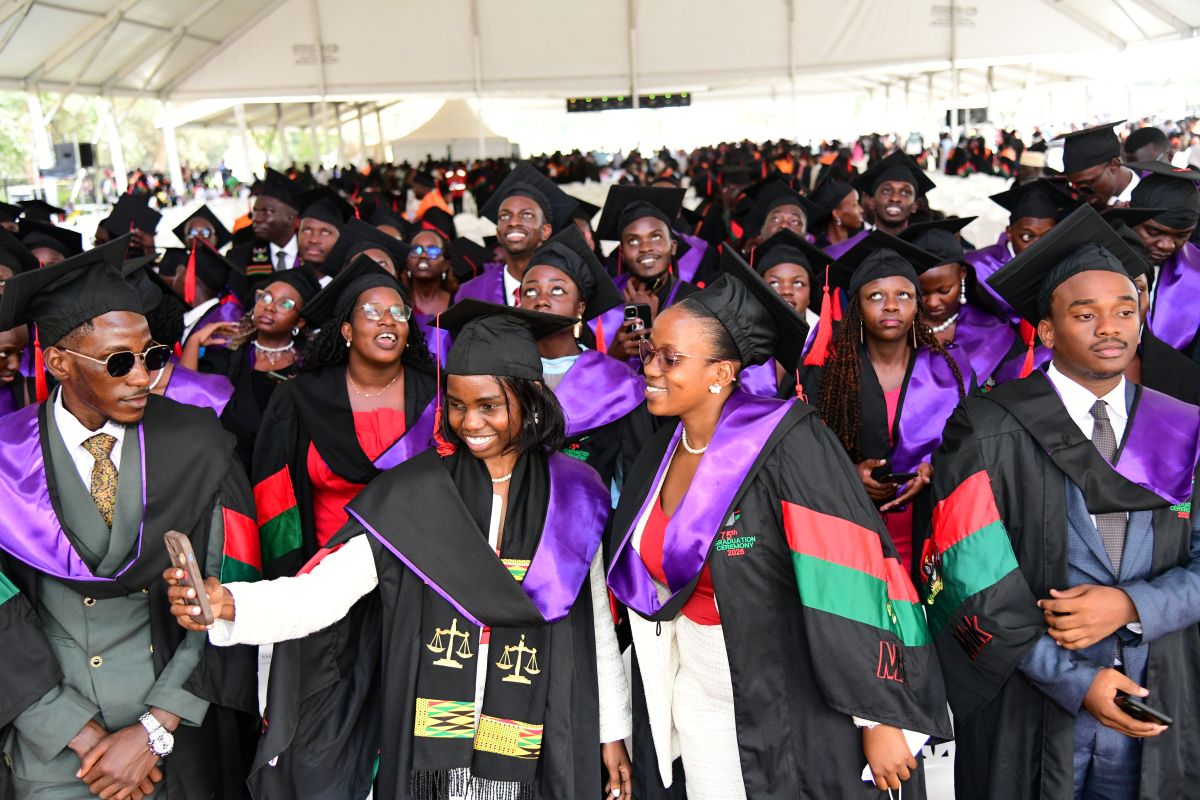According to a 2 year Sida-funded research project in the Department of Philosophy and Development Studies, School of Liberal and Performing Arts, College of Humanities and Social Sciences (CHUSS), the shift in societal emphasis of values over virtue knowledge has greatly contributed to the erosion of ethics and integrity in Governance.
Just as was the case in the Western world when organizations took over livelihood roles that were hitherto subject to households, accordingly, the ethical baton shifted from normative ethics to institutionalized ethics. Whereas in the former case a self-catering household was solely responsible for providing their own services, in the latter, government-run corporations had the responsibility to provide and account for services delivered, hence the ethical shift.
This trend was disclosed at an evaluation workshop hosted by Department of Philosophy and Development studies on Friday 21st June 2013 for select staff members and students of Makerere University to share findings on the research project and their implications to sustainable livelihoods. The Project titled Ethics and Integrity in Governance for Sustainable Livelihood was conducted in the four Districts of Gulu, Mbale, Masaka and Mbarara to establish what went wrong and at what point did things go wrong. This, it was hoped, would help to pinpoint the source of the today’s grave moral and ethical decay as constantly covered by the News media.
In opening the workshop, Prof. George Nasinyama, Deputy Director Research, Directorate of Research and Graduate Training (DRGT) commended the Department for delivering their findings within the stipulated project time. He further thanked the Swedish Government through Sida for immensely contributing to building Makerere’s research capacity by training over 250 PhDs since 2001.
Prof. Wamala Edward, the Head, Department of Philosophy and Development Studies in giving an introduction about the research noted that the project was guided by the adage that those who didn’t know their history were bound to repeat it. He decried the rise of anonymity and individualism among today’s generations that has led to the collapse of the Social Capital and provided a fertile breeding ground for Individual Narcissism. “It has become so desperate that ethical behavior is being taught as propositional knowledge, the same way you would teach Calculus [in Mathematics],” lamented Prof. Wamala.
He further noted that the rise of modern lifestyles had slowly and steadily dissolved traditional ethics and as a result the pervading moral impropriety can no longer be seen for what it truly is; either by its perpetrators or society. Taking an example from Buganda, Prof. Wamala further traced this trend even by the shift in traditional proverbs from Ekyalo ddiba lya mbogo: terizingibwa bwomu (Societal roles can best be achieved through mutual cooperation) to Zirindaba olwange: Tawa musibe mmere (I will face my fate individually). He emphasized the need to create a generation of Rational Agents, who in the practice and fulfillment of national and societal duty, will not regard what the future holds for them as individuals, but will do so for the sake of posterity and permanent good.
In presenting a summary of the findings Dr. Lajul Wilfred, the Sida Project Coordinator-Department of Philosophy and Development Studies, noted a few relationships that had been established as a result of the research;
• Where corruption is higher, human living standard is lower and where corruption is lower, human living standard is higher.
• Where ethics and integrity is practiced, the social services rendered to the people are better, and where ethics and integrity is not practiced, social services rendered to the population are poorer
• Ultimately, people are poor not because of lack of resources, but to a greater extent because of mismanagement of resources.
In his presentation on the Integrity and Livelihood aspect, Dr. Kasozi Ferdinald Mutawe, a lead researcher on the project noted that marginalization by gender in the access to land was a major impediment to the promotion of social livelihood. With regard to integrity in institutions, the research discovered that the appointment and recruitment process was marred by corruption in all four regions sampled.
Dr. Kasozi further noted that as societal values were constantly subject to change, there was a need to emphasize the more intransient human virtues in moral education. This was clearly evidenced by the fact that the issues of integrity affecting the Public institutions were the same ones also affecting Private Institutions. As such there is great need strengthen the teaching of curricula to emphasize forms of learning over forms of reading, the latter being used solely for the purposes of passing exams.
In closing the Workshop Assoc. Prof. A.B. Rukooko, the Dean, School of Liberal and Performing Arts, CHUSS commended the Department of Philosophy and Development Studies for coming up with relationships between ethics, integrity and sustainable livelihood that would help inform policy and guide public debate. He urged the research team to expand the discussion on findings to wider audiences so as to generate more interest in the area of ethics and integrity in governance in Uganda. “All of you present here today are potential experts on Ethics and Integrity in Uganda,” said Assoc. Prof. Rukooko. “I urge you to delve further in this debate and publish more papers so as to help the world answer the question, What is wrong with Uganda,” he concluded.
Publications from the Research
Lajul W., “Ethics in Public Administration in Uganda; where is the challenge?” in Public Administration in Uganda: Theory and Practice, LAP Lambert Academic Pubilcation, Saarbruken, Germany, 2012, pp.266-292.
Lajul W., “Impact of African traditional ethics on behavior in Uganda” in Mawazo: The Journal of the College of Humanities and Social Sciences, Makerere University, Vol. 10, No. 3 September 2011, pp. 125-139
Lajul W., “Global economic philosophy and challenges to African development” – in Mawazo: The Journal of the College of Humanities and Social Sciences, Makerere University, Vol. 10, No. 1 February 2011, pp. 1-9.
Lajul W., “The Right to Fod in Northern Uganda: Realities in Conflict Prone Areas”, in African Journal of Ethics and Human Rights: The Right to Adequate Food, Vol. 2, Law Africa Nairobi, 2010, pp. 335-370
Wamala Edward, “Building an Ethical Public Service for Improved Service” in Philosophia Africana, Vol. 13, No. 2, Fall 2010, Spring 2011
Wamala Edward, “From socialism to Structural Adjustments: African Philosophical Discourses in the Age of Uncertainty” in Philosophia Africana, Vol. 14, No. 2, Dec 2012.
Kasozi F.M., (2011) “Introduction to an African Philosoph – The Ntu’ology of the Baganda”, Verlag Karl Alber, Freiburg, Germany
Papers presented at conferences and seminars
Lajul W., Management of African knowledge system and the future of Africa in the world, presented on World’s Philosophy Day Workshop, 15th November, 2012, Makerere University
Lajul W., African ethics in the emerging new world order, presented during an International Seminar, 20th November, 2012, Makerere University

 General6 days ago
General6 days ago
 General1 week ago
General1 week ago
 General2 days ago
General2 days ago
 General2 weeks ago
General2 weeks ago
 General1 week ago
General1 week ago



